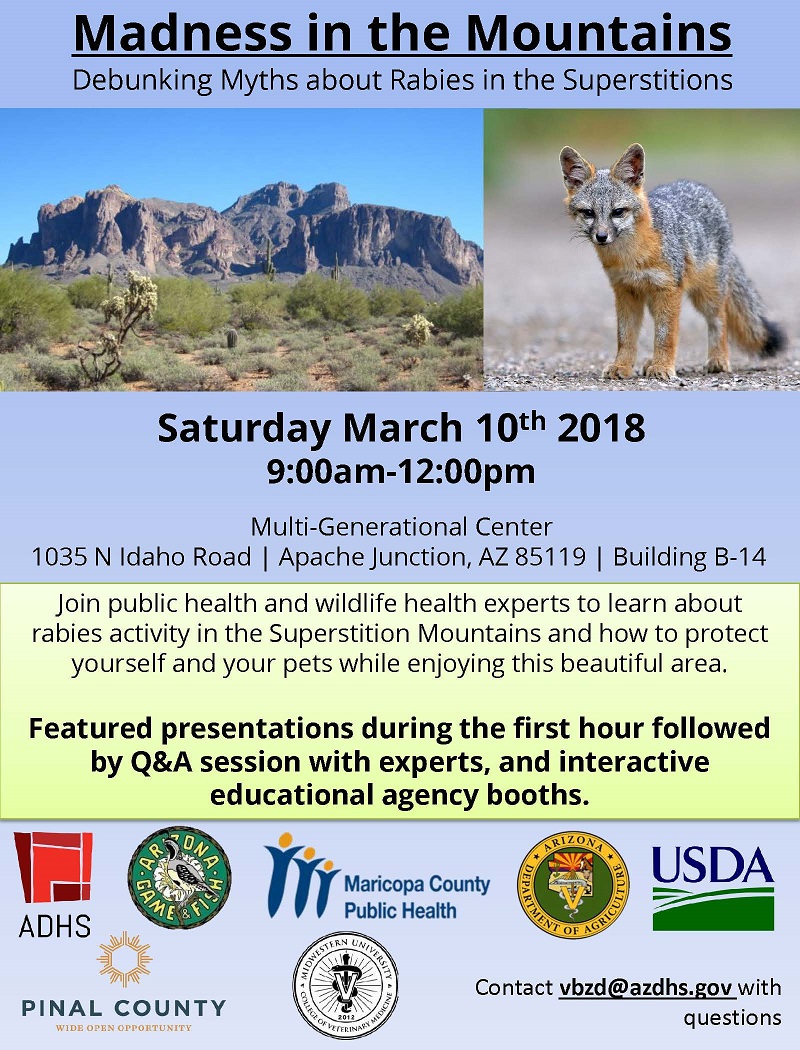The name of the game for Public Health Prevention in 2011 is integration and leverage. Our Public Health Prevention Team will be focusing on the social determinants of health and working to implement policies, systems and environmental changes that make the healthy choices easy. Here are some examples of our public health prevention priorities for the coming year:
Worksite Wellness
Perhaps one of the biggest leverage points for improving community health lies with Arizona employers. Employers are increasingly recognizing that a healthier workforce is a more productive and efficient workforce and by applying simple public health prevention tools that can improve their productivity. We’ll be using our Worksite Wellness Tool to help Arizona businesses to adopt wellness and health promotion activities for their employees. The kinds of simple things we’ll be working with them on are smoking cessation, weight management, nutrition, heart disease prevention, diabetes prevention, etc. Businesses that are self-insured (for health insurance) have double the potential gains because they’ll eventually benefit from worksite wellness with lowered premiums.
State Government Wellness
We’ll also build on our partnership with the ADOA to offer our services in augmenting the State wellness initiative and working with St. Luke’s Health Initiatives and others to make evidence based public health resources available to employers. Included in this effort will be:
- Diabetes Self-Management Training – Almost 10% of state employees have diabetes, and we’ll be partnering with ADOA to increase use of self-management (the cornerstone of treatment and care) to improve care;
- Launching a state-wide “Hands Only” CPR initiative on three fronts: Public (bystander) Awareness, Systems-Level Protocol Change (Dispatch – 911), and Worksite (employee) training;
- Design and launch a public awareness campaign focusing on early detection and effective disease management for Arizonans with colon, breast and cervical cancers;
- Expand our reach and utilization of tobacco cessation efforts via ASHline (phone and web-based services) among the behavioral health population, through partnering with some of our Regional Behavioral Health Authorities to create systems-based referrals in each behavioral health clinical site.
Nutrition & Food Stamps
We’ll also be working with other interested states and public health associations to change what foods qualify for purchase under the federal Supplemental Nutrition Assistance Program or SNAP (formerly called food stamps). This is an idea that is getting national attention, including a recent article in the American Journal of Public Health that outlined a number of ways to improve diets of SNAP participants along with everyone else. This issue will be considered when Congress votes on the new Farm Bill in 2013. The Healthy Hunger Free Act of 2010 signed by the President this week will strengthen nutrition education provided to SNAP participants by focusing on obesity prevention and allowing public health approaches to be more fully incorporated into SNAP nutrition education activities. Visit www.eatwellbewell.org to see the nutrition education currently available to families receiving SNAP benefits in Arizona (don’t miss the videos and games).
Breastfeeding
We’ll be continuing to press our efforts to make institutional changes in maternity care practices and increase breastfeeding initiation and duration. Arizona’s “5 Baby Steps to Breastfeeding Success” are the hospital practices that make the biggest difference. Our Breastfeeding Team is working with Arizona Perinatal Trust to train 5,100 nurses in 31 APT-certified hospitals statewide on Arizona’s 5 Baby Steps to Breastfeeding Success. All of these hospitals are committed to changing their policies to support breastfeeding. The technical assistance from ADHS is the key in mentoring the hospitals through model policy training and moving the policy from paper to action.
Health in Schools
We’ll also be using a more coordinated approach as we work with Arizona schools on various health initiatives. Our new school coordinating committee will continue to share resources, streamline access and improve outreach for all of our programs. The bottom line is that healthy children learn better and offering daily physical education or daily school breakfast can improve academic performance. We’ll be helping schools to complete the CDCs School Health Index assessment tool that they can use to develop a plan to improve their health-related policies and programs. Strengthening school wellness policies, supporting farm-to-school programs, and increasing physical activity throughout the school day are all high priorities for the collaborative work. Check out the Coordinated School Health website at http://www.healthologyaz.com/ to learn more about school health in action.
Of course there will be alot more than just these things going on in public health prevention in 2011, but this gives you a taste of what’s up.











